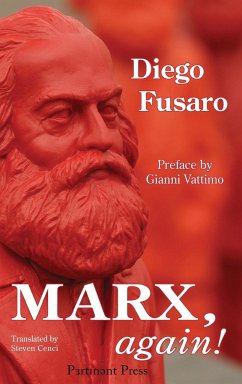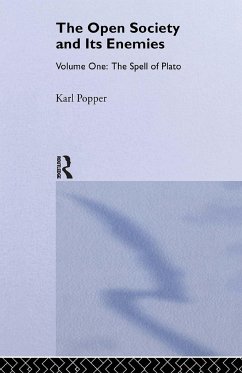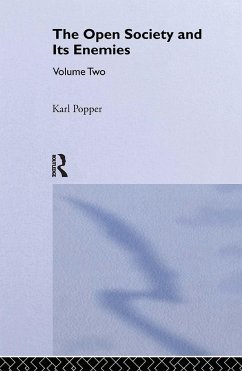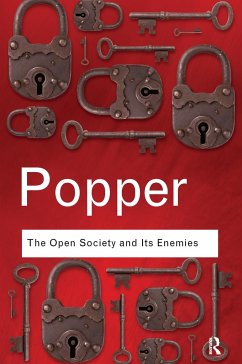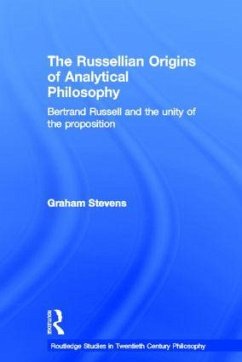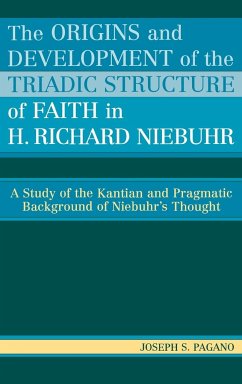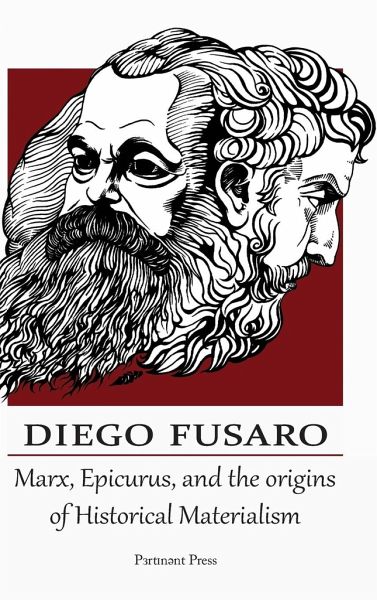
Marx, Epicurus, and the Origins of Historical Materialism
Versandkostenfrei!
Versandfertig in 1-2 Wochen
59,99 €
inkl. MwSt.

PAYBACK Punkte
30 °P sammeln!
Diego Fusaro’s monograph on the influence of Epicurus on Marx’s thought is multilayered. It not only explains Epicurean thought and how it impacted the young Marx, but also manages to do unto Marx what Marx did unto Epicurus. Marx employed Epicurus’ critical stance toward Plato and Aristotle as an excuse, as it were, to drop not-so-subtle hints about the philosophy and politics of the Germany of his day. Fusaro, described by the influential paper La Repubblica (July 2013) as possibly the "brightest star in the Italian philosophical firmament of our times", employs Marx’s critique of th...
Diego Fusaro’s monograph on the influence of Epicurus on Marx’s thought is multilayered. It not only explains Epicurean thought and how it impacted the young Marx, but also manages to do unto Marx what Marx did unto Epicurus. Marx employed Epicurus’ critical stance toward Plato and Aristotle as an excuse, as it were, to drop not-so-subtle hints about the philosophy and politics of the Germany of his day. Fusaro, described by the influential paper La Repubblica (July 2013) as possibly the "brightest star in the Italian philosophical firmament of our times", employs Marx’s critique of the German present of Marx’s time to propose a critique of our own times, a critique of economic libertarianism and moral libertinism. Fusaro’s underlying argument seems to be that we live in times that are nothing but Epicurean, in which dogmatic and hedonistic liberalism dominates our lives, as pensée unique. This monograph combines a twofold approach: the exoteric and the esoteric. Exoterically, it analyses of the long-ignored University dissertation of the young Karl Marx and the influences of Greek Atomism on the molding of Marx’s thought system. Esoterically, or by implication, it analyses our contemporary world.



